Recycling PET BiodegradablePlastics 08-04-2021 - Arhive
Recycling PET BiodegradablePlastics
Crude Oil Prices Trend
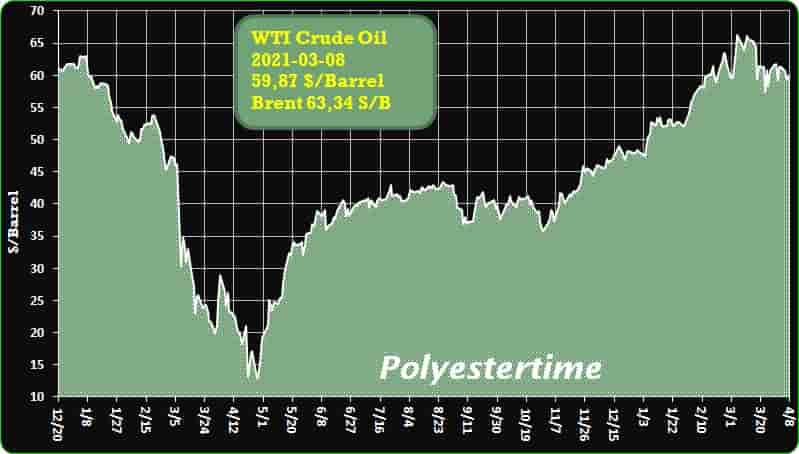
-Ecopet lainched a new brand of polyethylene terephthalate
Ecopet plant (Kaliningrad) has developed a new brand of polyethylene terephthalate (PET), the company said.
Thus, Ecopet notes that it is developing promising directions and has released a new brand of polyethylene terephthalate – Ekopet 64 FG, which is suitable for the manufacture of BOPET films and can be used in the production of polyester fibers, from which, in turn, nonwoven materials for technical purposes are obtained.
Also, in June 2020, the company passed the product certification procedure at the Russian Export Center and received the Made in Russia label. This increases the recognition of domestic products in foreign markets, and also confirms their quality, safety and environmental friendliness.
According to the ICIS-MRC Price Report, tensions on the Russian PET market continue in early April. The deficit in the spot market for granules will remain in the current month. Producer Senezh reported no free material on the spot in April. Ecopet plant also noted the absence of spot volumes of granulate in the current month.
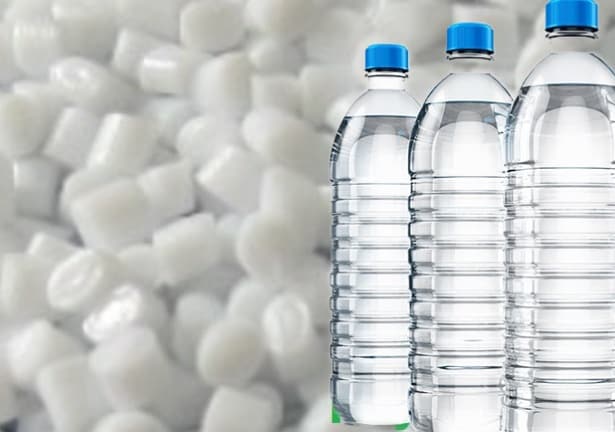
-Partners foam at the extruder
Sulzer Chemtech and Borealis have completed the development of a process for the extrusion of expanded polypropylene (ePP) beads, which claims to cut manufacturing costs by up to 60 per cent. Recycling PET BiodegradablePlastics
As opposed to conventional autoclave production methods, Sulzer Chemtech’s system relies on extrusion with direct gas impregnation, offering an alternative that the company claims promises a quick return on investment.
Foam moulders, such as packaging manufacturers, can implement the compounding line to considerably reduce the costs associated with material supply, warehousing and intermediate transportation, claim the two companies.
Additional benefits include having full control over the properties of the ePP, such as bulk density, closed cell content and bead size distribution, as well as flexibility in fine-tuning the recipes. In addition, Sulzer Chemtech and Borealis are developing an alternative that can use carbon dioxide, supporting different customer needs and plant settings.
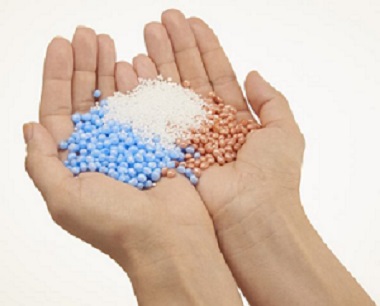
-Greiner installs $5m line for food-safe recycled PET
Greiner Packaging UK & Ireland has invested more than £3.7 million ($5.1m) in a PET decontamination and extrusion line to enable the use of more recycled materials across its pot and tub range. Recycling PET BiodegradablePlastics
Recycled flake is cleaned and washed, before having impurities removed by the decontamination unit to create a food-safe material. This is integrated with a greater material feed system at the Dungannon, Northern Ireland plant, which is directly linked to an extrusion line. This equipment and process arrangement gives flexibility to utilise recycled input materials, virgin or a combination of both.
Greiner declined to name the supplier(s) of the new equipment.
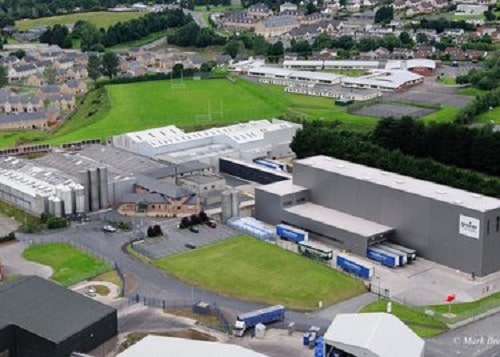
Driscoll’s, the world’s fresh berry leader, joins The New Plastics Economy Global Commitment to help advance its pledge to prioritize sustainable packaging solutions that protect fresh berries while minimizing an environmental impact. The New Plastics Economy Global Commitment is led by the Ellen MacArthur Foundation in collaboration with the UN Environment Programme, and unites more than 500 signatories behind a common vision of a circular economy for plastic, in which plastics stay in the economy and out of the environment.
“Better berries deserve better packaging. We have the opportunity to collaborate with many of the world’s leading brands throughout the journey to sustainable packaging in order to achieve scalable and economically viable solutions,” said J. Miles Reiter, Driscoll’s Chairman and CEO. “Signing the Global Commitment elevates our existing work by holding us to a higher standard, and serves as a commitment to transparency as well as annual reporting to accelerate the transition to a circular economy for plastic.” Recycling PET BiodegradablePlastics
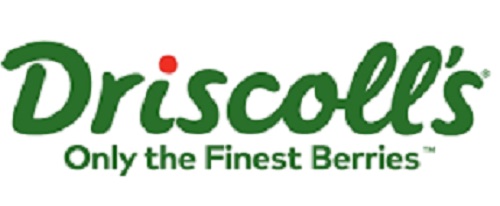
-WITTMANN G-Max granulators are always under tension
Plastic sprues are typically composed of clean production scrap and can therefore be reused. The G-Max series of compact beside-the-press granulators is specifically designed for closed-loop material recycling of sprues/runners that are discharged from injection moulding machines up to 500 tonnes clamping force. The compact WITTMANN G-Max series operates quietly and efficiently, grinding soft to medium-hard plastic sprues and defective parts. Recycling PET BiodegradablePlastics
G-Max 13 beside-the-press granulator from WITTMANN: view of the belt drive with automatic tensioning system.
The granulators of the G-Max series are driven by a Poly-V belt transmission. Self-pre-tensioning belt drives ensure much more adaptability to all applications when grinding sprues and runners. The high torque of the rotor and a solid flywheel provide more cutting power for smooth, steady, and reliable operation when processing parts with cross-sectional thickness.
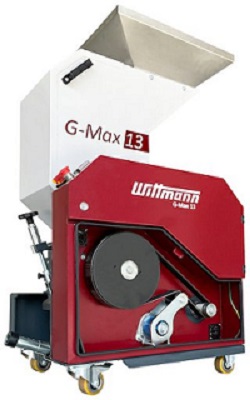
-US Occidental, biotech firm to build CO2-to-bioethylene pilot plant
A subsidiary of Occidental Petroleum, Oxy Low Carbon Ventures (OLCV), and the biotechnology firm Cemvita Factory plan to build a bioethylene pilot plant that will produce the monomer from manmade carbon dioxide (CO2), the companies said on Tuesday. Recycling PET BiodegradablePlastics
The pilot plant will have a capacity of 1 tonne/month and produce bioethylene using CO2, water and light. It should start up in 2022. The companies did not say where it will build the plant.
The technology is competitive with ethylene produced from hydrocarbons, although the companies did not specify any prices.
The process was developed by taking a gene from a banana and genetically engineering it into Cemvita’s microorganism, said Tara Karimi, chief technology officer of Cemvita.
If successful, the project could provide Occidental with another source of ethylene, which it uses to make polyvinyl chloride (PVC), said Robert Zeller, vice president of technology for OLCV.

-Crystallizing Dryer for Small Batches
Resin is crystallized and dried with the same desiccant dryer that is used to supply dry air to the hopper bank.
For processors who would like to crystallize small batches of PET and other amorphous resins, Dri-Air has integrated a closed loop dry-air recirculating system into the hopper bank, allowing for crystallizing and drying of multiple batches of materials. Recycling PET BiodegradablePlastics
Complete flexibility is designed into the system so that temperatures, hold times and recirculating times can be custom tailored for each hopper. This allows processors to crystallize different types of materials for multiple batch processing.
A reportedly unique feature of the Dri-Air crystallizing system is that the resin is crystallized and dried with the same desiccant dryer that is used to supply dry air to the hopper bank. Eliminating the need to dry the resin in a separate dryer after crystallizing has occurred saves time and effort. Simply switch the system to drying mode and the resin in the hopper will be dried to the correct moisture levels.
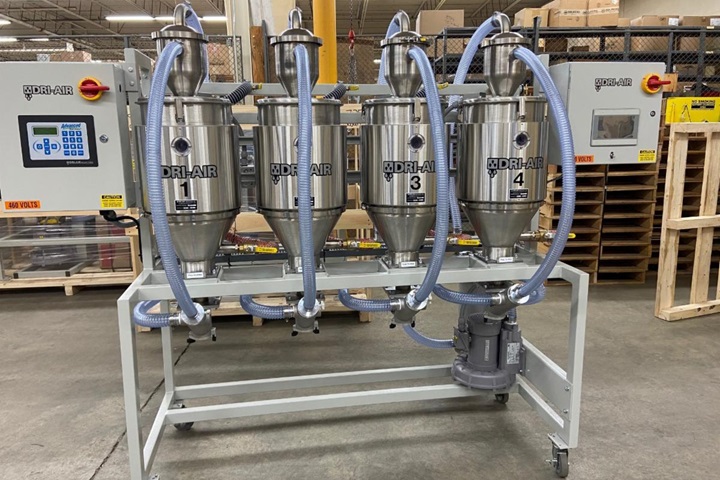
-US Origin and SANS expand partnership to develop renewable PX from biomas
US Origin and AECI SANS Technical Fibres announced an expansion of a partnership to develop Origin’s process to convert biomass into paraxylene (PX).
The partnership includes an agreement to buy carbon-negative polyethylene terephthalate (PET) to be used in a wide array of end products, including clothing, intimate apparel, footwear, and automotive sewing thread applications.
SANS is a wholly owned subsidiary of AECI, a strategic investor in Origin. The company makes thread for apparel and automotive applications.
The two companies will also work together to develop and commercialise new products based on Origin’s process to make renewable PX.
Origin’s process takes woody biomass and converts it into an intermediate that can be used to make renewable PX. The process is carbon negative. Recycling PET BiodegradablePlastics
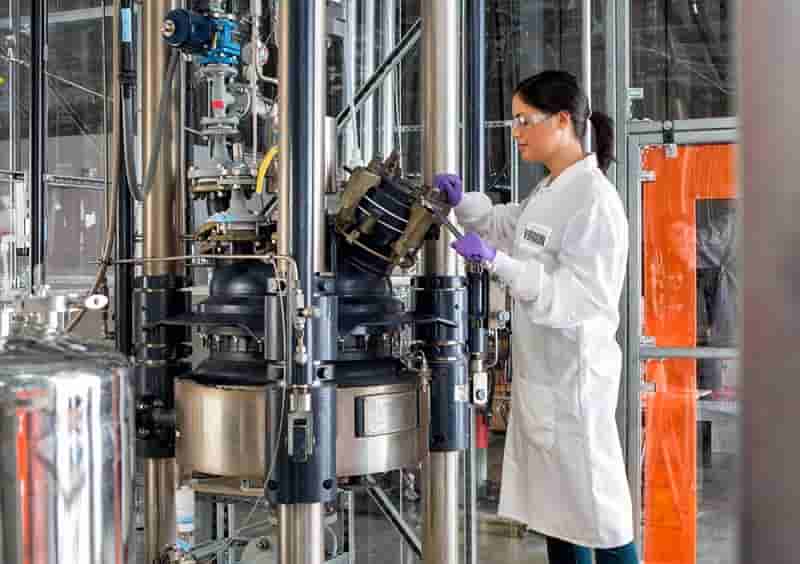
-LDPE and LLDPE Made of 100% PCR
Nova Chemicals has launched its first three 100% PE-PCR resins for flexible film applications.
The first of a broad portfolio of PE PCR resins that will be brought to market by Nova Chemicals to help brand owners and converters meet their packaging sustainability goals have made their commercial debut. The three new 100% PCR LDPE and LLDPE grades, said to be ideal for a range of flexible film applications are:
▪ Natural rLLDPE/LDPE is collected from distribution centers and is suited for collation shrink, stretch wrap and e-commerce applications.
▪ Natural rLLDPE/LDPE, a recycled agricultural film that is ideal for re-use in agricultural films, heavy-duty shipping sacks, collation shrink, and for e-commerce applications. Recycling PET BiodegradablePlastics
▪ White rLLDPE PCR manufactured from closed-loop agricultural and irrigation film recyclate, this resin is for use in agricultural film, heavy-duty shipping sacks, collation shrink, trash bags and liners and e-commerce applications.
Greg DeKunder, Nova’s v.p. of marketing, said the company’s new product offerings are backed by industry-leading technical support, designed to help film producers, converters and brand owners incorporate more PCR into packaging applications without sacrificing performance. “We have a dedicated team with extensive applications and additive expertise helping customers accelerate their applications development work. Our goal is for Nova Chemicals to be a one-stop resource, providing the products and technical resources companies need to achieve their sustainability goals.”
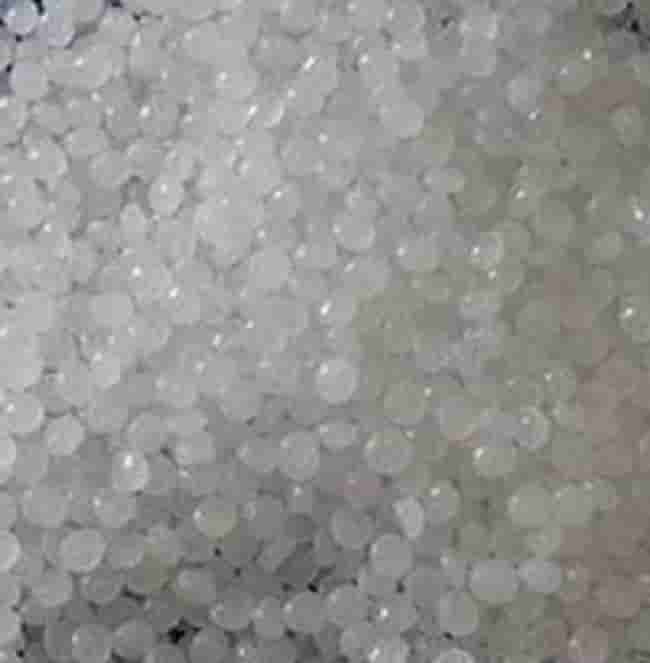
-Sheet Lines Feature ‘No Dry’ Capabilities
Vented extruder design degasses material to make pre-drying unnecessary.
Sheet extrusion lines from Germany’s Breyer GmbH can be equipped with vented single-screw extruders that when running hygroscopic resin allow the material to be processed without needing to dry it first. The melt will become optimally degassed, a precondition for processing sheet and films meeting highest quality demands of the worldwide market. Recycling PET BiodegradablePlastics
Breyer’s lines can also be furnished with a roll stand that adds flexibility to the line by allowing it to run sheet in a variety of finishes, including matte and polished on both sides. The quick-exchange capabilities of the first and center calender roll allow the stack to be converted as needed. Depending on the total output, calenders can be furnished with three and four rolls with different roll diam. What’s more, the third calender roll can be skewed during production to manipulate the residence time of the sheet around the center roll.
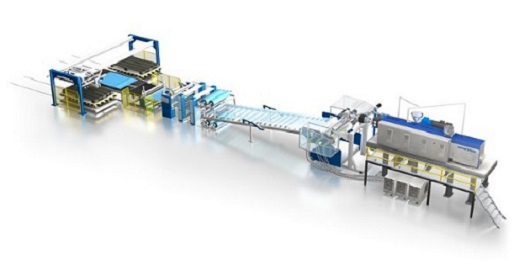
Recycling PET BiodegradablePlastics
